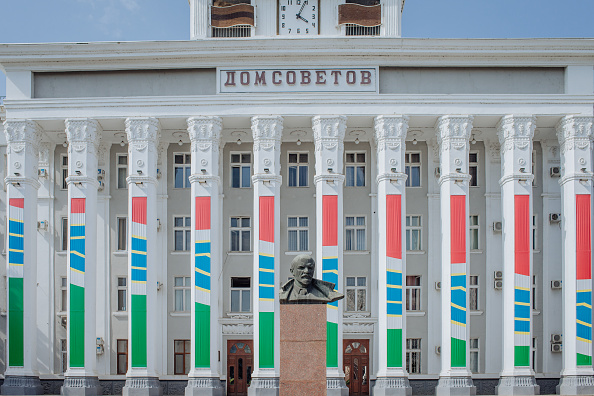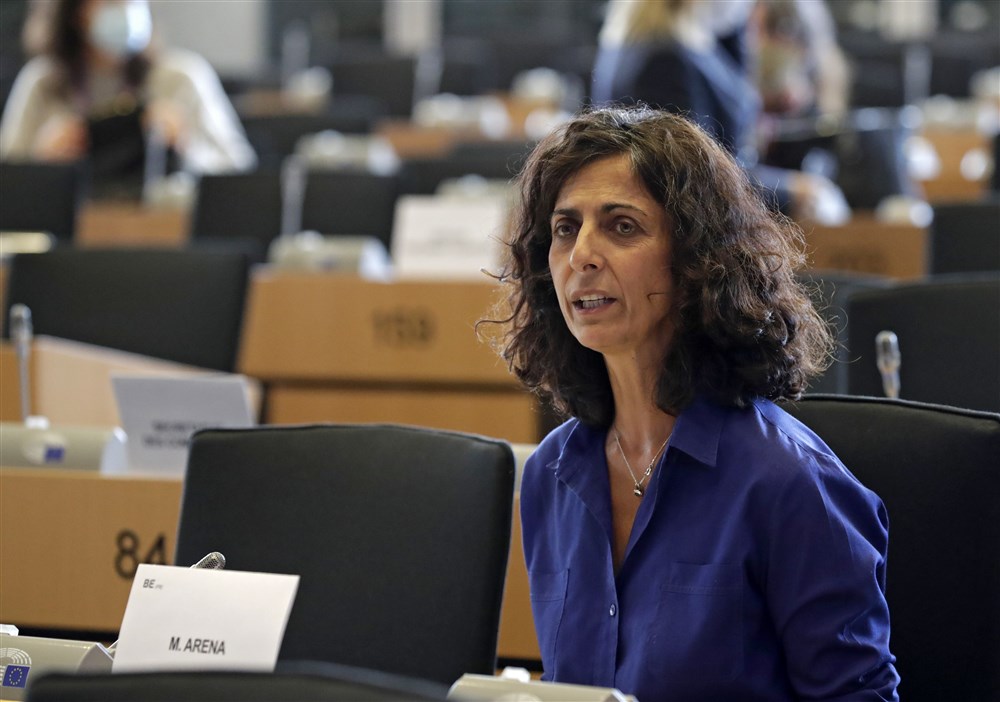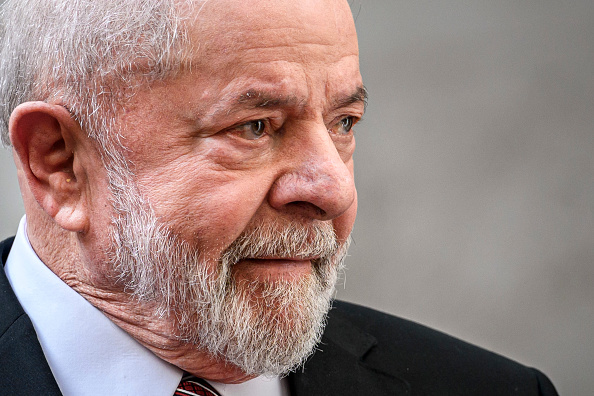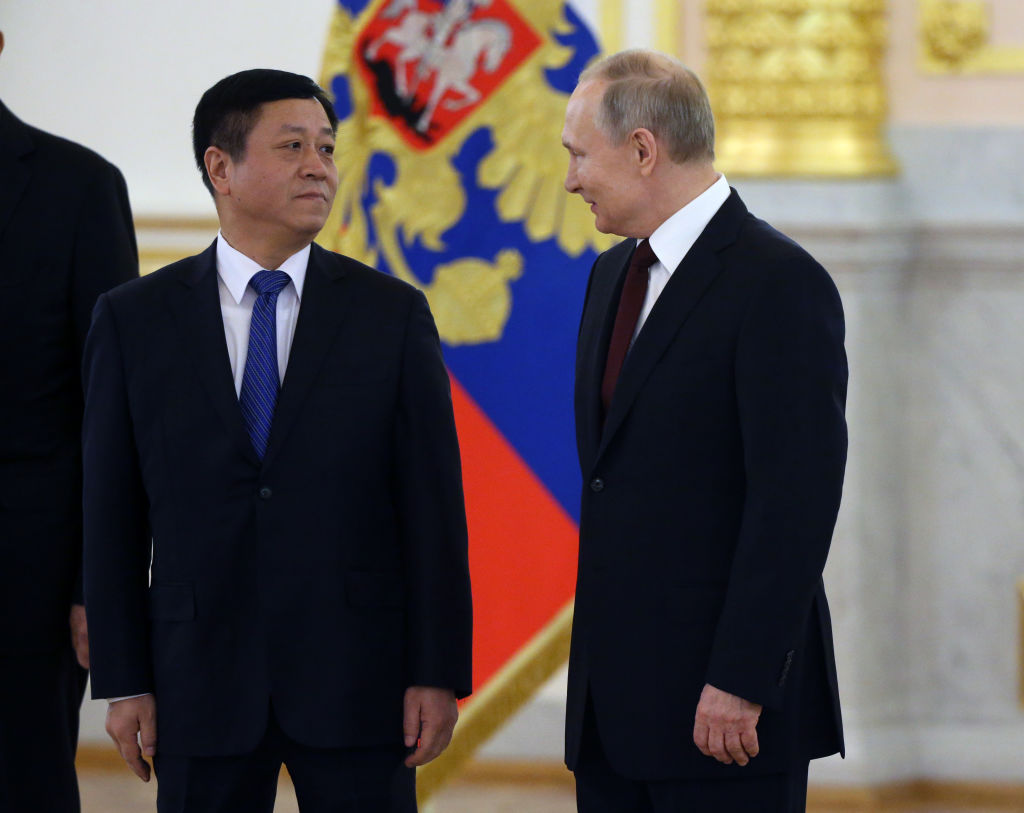The recent gathering of diplomats hosted by Saudi Arabia in Jeddah was a notable event – at least in size and participation, if not outcomes. Over 40 nations were represented, with the “peace talks” revolving around pathways for ending the war in Ukraine.
The Russians weren’t there, so it was easy for everyone to agree “in principle” that Kyiv should get all of its territory back. But the entire affair was really just a Ukrainian attempt to corral support, especially from the Global South, for president Zelensky’s unrealistic 10-point “peace plan” as if peace is a popularity contest rather than the bloody outcome of a tragic conflagration.
The Saudis had their own motives for playing host to this rather pointless exercise, to do with the never-ending jockeying for power and influence within the Middle East and projecting some sense of respectability and concern for human rights abroad. Just as with the African delegation that went to Kyiv on a “peace mission” in June – comprised of no less than five presidents, including Cyril Ramaphosa of South Africa – the Jeddah get-together was less about actual diplomacy and the war at hand, and more about posturing and political opportunism.
The very notion of holding “peace talks” without one of the belligerents present would have been nonsensical until relatively recently. In the age of social media, however, where the optics of concern for world peace and of “relevance” on the world stage seem to matter more than the substance, such chances to play at “diplomacy” and take instagram selfies are not to be missed.
But there was a time when peace – and stability – was a serious pursuit, with serious and responsible statesmen like Henry Kissinger striving hard to achieve it in the teeth of vicious opposition from the ever-present pro-war hawks’ party.
Civil society was more interested in the matter then, certainly during the Cold War but also up to the 2003 Iraq War. But today even the traditionally anti-war radical Left across the US and Europe has turned from the subject, leaving mostly elements of the Right to argue for the virtues and necessity of peace in its stead.
This atrophy of our collective peace-making and peace-willing powers is not accidental; it has profound causes stretching back years – even decades, by now. It goes hand in hand with the progressive descent of Western society and political culture into the dumbed-down, distracted, corrupt, increasingly authoritarian and farcical carrousel of absurdities we now see in public life on a daily basis.
Most importantly, though, the overshadowing of peace has to do with the havoc wreaked on the quality of academic training of our foreign policy “elites”. We have seen a generalised post-Cold War liberal thrust in international relations theory (and practice) concerned more with “human security” and climate change than the hard realities of the balance of power.
All this was of course coupled with neocon flights of fancy that led straight to such marvels of postmodern strategic brilliance as Assad’s victory in Syria and the shameful cut and run from Kabul in 2021.
Peace is hard. Together with strategic stability – a very closely related but still separate question – peace is the most difficult issue in international statecraft in the modern age of nuclear weapons and mass media. It is far easier to argue for war – direct or by proxy – and to inveigh against enemies of “human rights” from a moral high-ground, drawing on the outrage of the day, than to make the broader and more complex case for peace with the longer-term and bigger picture in mind.
The problem of peace comes in two flavours: maintaining it, i.e. working to avoid the outbreak of war; or achieving it, i.e. bringing war to an end. The latter must always be undertaken with an eye to the former: any enduring peace settlement involving a great power must include provisions and solutions for maintaining what has been agreed. It is often thought that military force, rather than diplomacy, can carry the weight of securing such treaties, either through mutual deterrence or through unilateral advantage; but time and again such hopes have been confounded.
Today both modes of the problem of peace map neatly on the two principal crises threatening world stability. Statecraft this decade has a twin mission: maintaining peace with China and achieving peace with Russia. In either case, at some point or in some way as part of the political-diplomatic process, the question of détente is likely to arise. This always elicits strong reactions, especially when ideological or morally repellent adversaries are concerned.
In many cases this happens due to the easy confusion between détente and appeasement or the “Munich 1938” moment which has (wrongly) become a by-word for weakness, naivety and moral collapse in the face of tyrants. It is worth, therefore, a brief look at détente as an intellectual refresh in preparation for where future diplomacy might lead.
The détente policy concept was best articulated by its architect, Henry Kissinger, in his statement to the Senate Foreign Relations Committee on September 19, 1974.
Détente, unlike appeasement, is highly targeted, seeking incremental progress on specific issues rather than a wholesale, Yalta-type sudden “grand bargain,” and does not require (or expect) cessation of competition in other areas. There is no prospect of “peace for our time” notes fluttering in the wind on the tarmac, as after Munich.The general “atmosphere” of political relaxation is designed to signal a shared interest in the end goal of stable relations, rather than an immediate suspension of all hostile action.
Cheerful Nixon-Brezhnev summits, for example, did not dent Communist subversion but they did create the conditions for arms control. Kissinger insisted that it was all about ensuring stable “coexistence” and the “regulation of competition” rather than its elimination. It seems difficult to fault that logic today as regards China, and perhaps tomorrow as regards a post-Putin Russia.
There are two key advantages to détente, as prescribed by Kissinger. The first is that it is safe: by definition, it can only progress in an equitable fashion, leaving neither side worse off – overall – at any phase. The condition is to be able to actually deliver in the end on individual intermediary commitments that can be highly controversial at home.
In practice, détente was undermined – and its potential therefore never fully realized – by Congressional legislation like the Stevenson amendment of 1974. This limited to $300 million the amount of U.S. financial loans the Soviet Union could access, with none of it allowed to be used for energy projects that were of key interest to Moscow.
The second advantage is that progress is verifiable and it does not depend on “trust” but on what Kissinger called, in his Senate statement, “a balance of mutual interests.” The “true intentions” of the adversary are immaterial, as détente deals in verifiable facts, whether it is meeting arms control targets or making progress on political issues on the negotiating agenda.
Beyond the shared incentive of avoiding a potentially uncontrollable crisis, for example over Taiwan, détente happens when it serves both sides’ separate interests, being mutually beneficial.
Finally, and crucially, Kissinger’s détente was designed to define and maintain a “strategic equivalence”. Reviving that Cold War notion today might seem misplaced. But arguably, where it actually matters – that is, in the Asian theatre – the question of strategic equivalence with China, in a broad sense, has become relevant given all the other pressures on Western power, particularly American.
Chinese military buildup has transformed Beijing into a real threat. This is now an irreversible situation: China will keep its new weapons for decades. Détente might well be one of the more responsible ways to deal with it in the long run.
There is nothing wrong with the idea of détente in itself. Indeed, it might be a useful strategy at a difficult time for the West, provided it is executed properly and results in increased security for all sides.
As already noted, the aim of real détente is managed coexistence, not friendship. This requires building a stable relationship with the adversary: China now, and perhaps a post-war, post-Putin Russia in the future. The foundation can only be a shared interest in reducing the risk of war, ending a military build-up and containing an escalation of tension.
The last time there was an explicit though brief revival of interest in détente in Washington, it happened in the dying months of the Obama administration. The Atlantic picked up the subject, under the headline “The time is ripe for detente, 2.0”. In the same spirit, the late Leslie Gelb, then president emeritus of the Council on Foreign Relations, had discussed “Russia and America: Toward a new détente” at length in an essay in the June 2015 edition of The National Interest.
The problem in any future negotiations with China or Russia for the maintenance or achievement of peace is that such talks may well lack the essential ingredients of détente, and carry a risk of descending into appeasement.
The key to détente, as Henry Kissinger, its most astute practitioner, explained, is to negotiate from a position of strength. In other words, a build-up of clear military advantage must precede any such process. The negotiating agenda also needs to include a set of powerful incentives to keep both sides equally interested in the process.
A proper détente framework is designed to lock the participants into a self-reinforcing cycle of balanced progress through mutual benefits. It works not simply on the basis of good-will, but of self-interest. And it requires high-calibre statesmen to pull it off – people who can see the world the way it is, not how they wish it to be.
Gabriel Elefteriu is deputy director at the Council on Geostrategy in London and a fellow at the Yorktown Institute in Washington, D.C.






